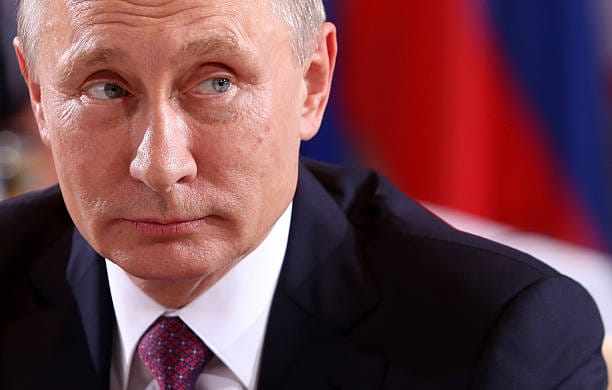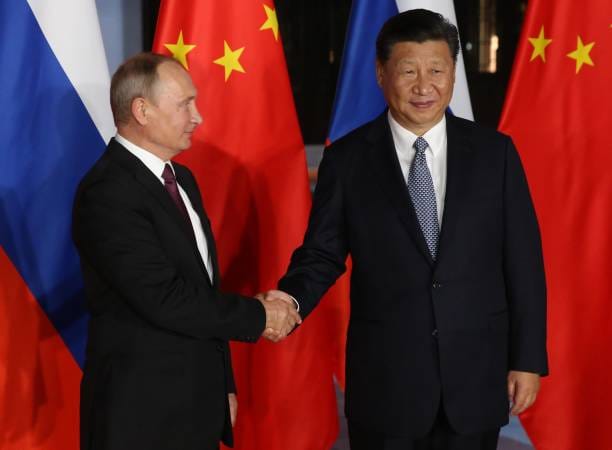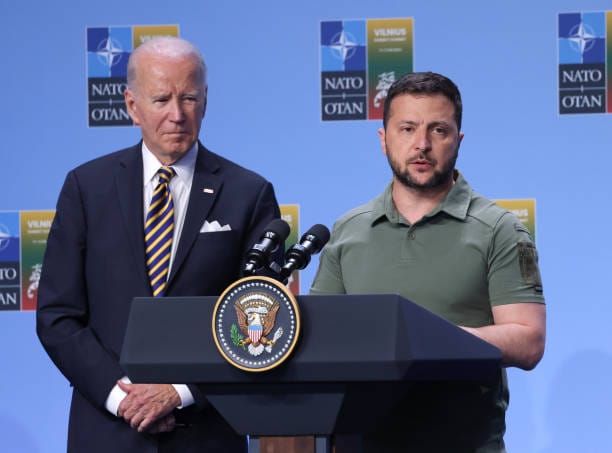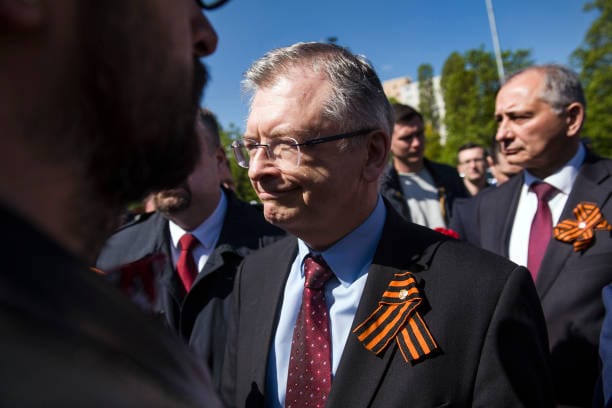Why Did Russia Invade Ukraine in the 21st Century? The Ukraine Invasion Explained

The world stood still on February 24, 2022, as news broke of Russian tanks rolling into Ukraine. This act of aggression wasn't just a surprise attack; it was the culmination of long-simmering tensions with roots stretching deep into history.
The lead-up to the invasion was marked by the ominous gathering of Russian forces along Ukraine's borders. This military maneuvering signaled a potential crisis, with up to 190,000 troops poised at the doorstep of a nation striving for sovereignty and Western integration.
A Tense History and the Shadow of NATO
Ukraine's path to independence has been rocky since its 1991 split from the Soviet Union. As a key former Soviet state, Ukraine's westward leanings, especially its interest in joining NATO, have irked Moscow. NATO, originally formed to counter Soviet influence, remains a thorn in Russia's side, particularly when it comes to its neighbors' affiliations.
The 2014 Flashpoint
Matters escalated in 2014 when Ukraine's pro-Russian leader was deposed, prompting Russia to annex Crimea under the guise of protecting ethnic Russians. This bold move, widely denounced globally, was followed by Russia backing separatist rebels in Ukraine's eastern Donbas region, sparking ongoing conflict.
Putin's Vision
Vladimir Putin's motivations are complex. They reflect a blend of strategic interests, a protective stance towards Russian speakers, and a challenge to NATO's reach. Above all, they reveal Putin's desire to restore Russia's influence and his own historical legacy.
The Invasion's Impact
The invasion unfolded rapidly, with Russian forces targeting both military and civilian sites. Ukraine's resistance was unexpectedly strong, leading to a drawn-out and devastating war that drew global condemnation and triggered severe sanctions against Russia.
Broader Implications
The conflict has had profound effects: a humanitarian crisis, skyrocketing energy prices, and a reevaluation of security policies worldwide. It has also underscored the importance of international alliances and the rule of law in global affairs.
Looking Ahead
The ongoing war in Ukraine is more than a regional conflict; it's a defining moment for international relations. Understanding the invasion requires a look at the intertwined histories of Russia and Ukraine, geopolitical strategies, and the broader context of global politics. Will Russia-Ukraine war end soon? What do you think? Please comment below.



